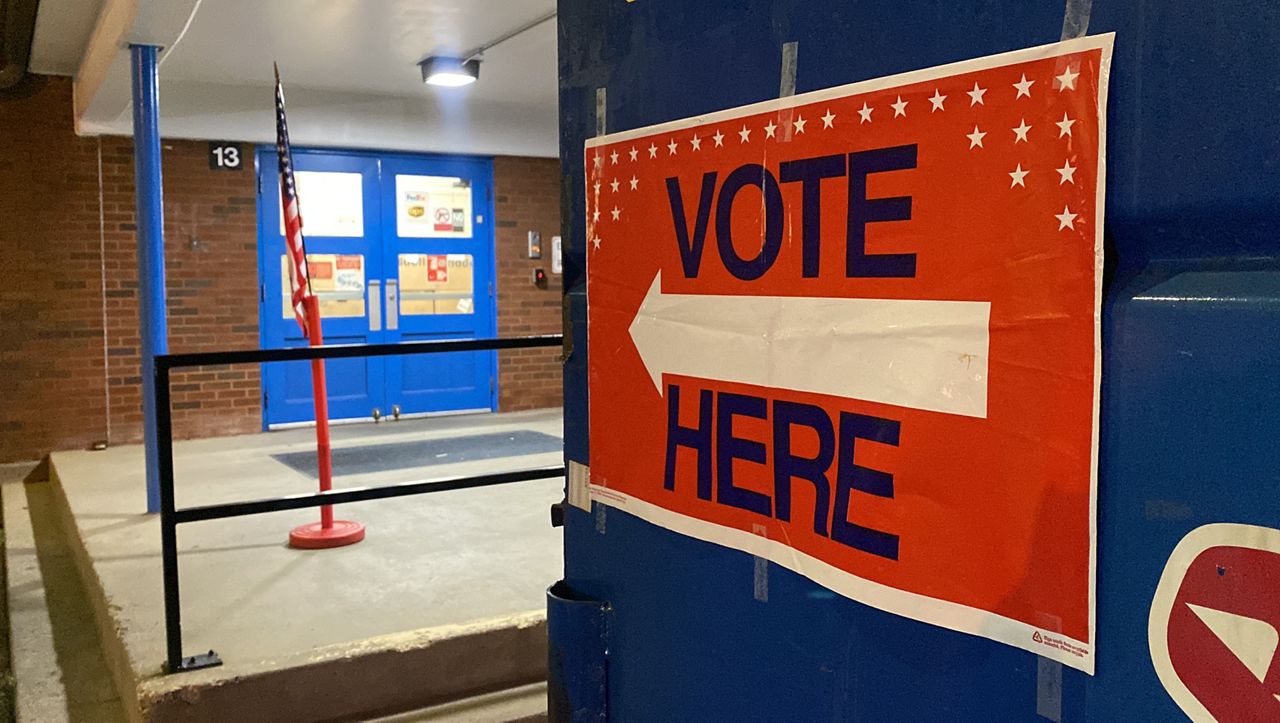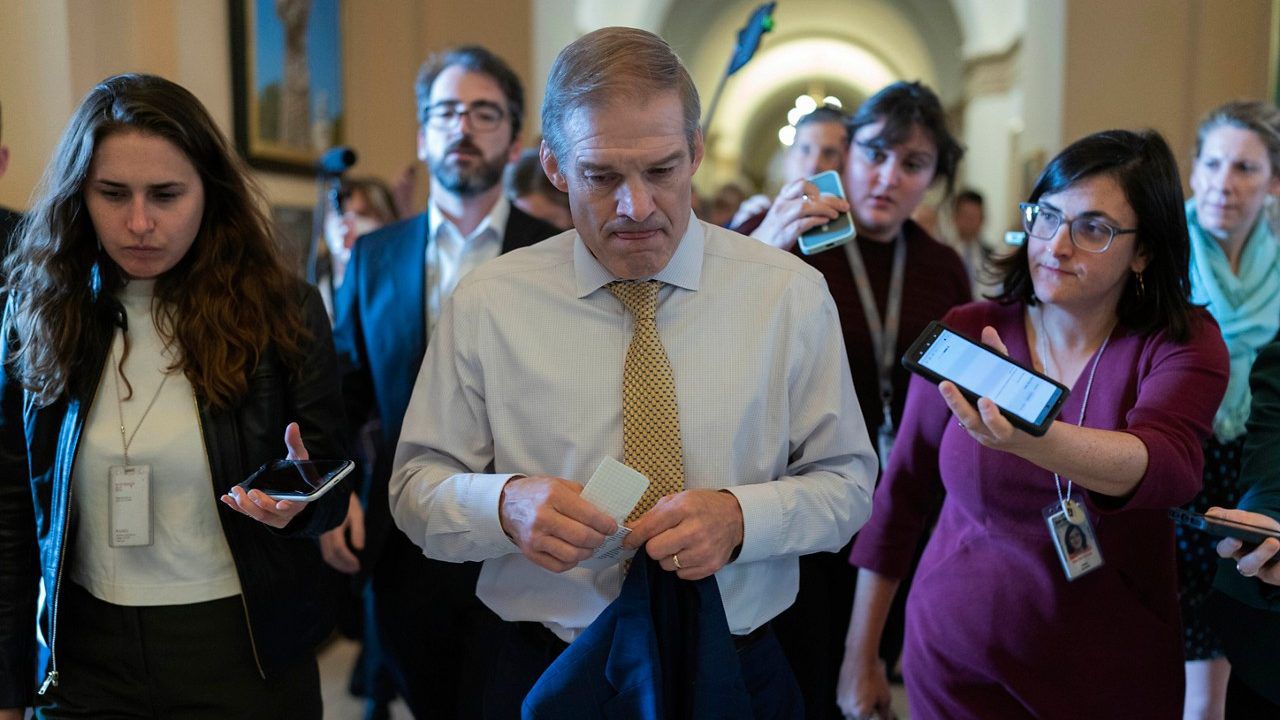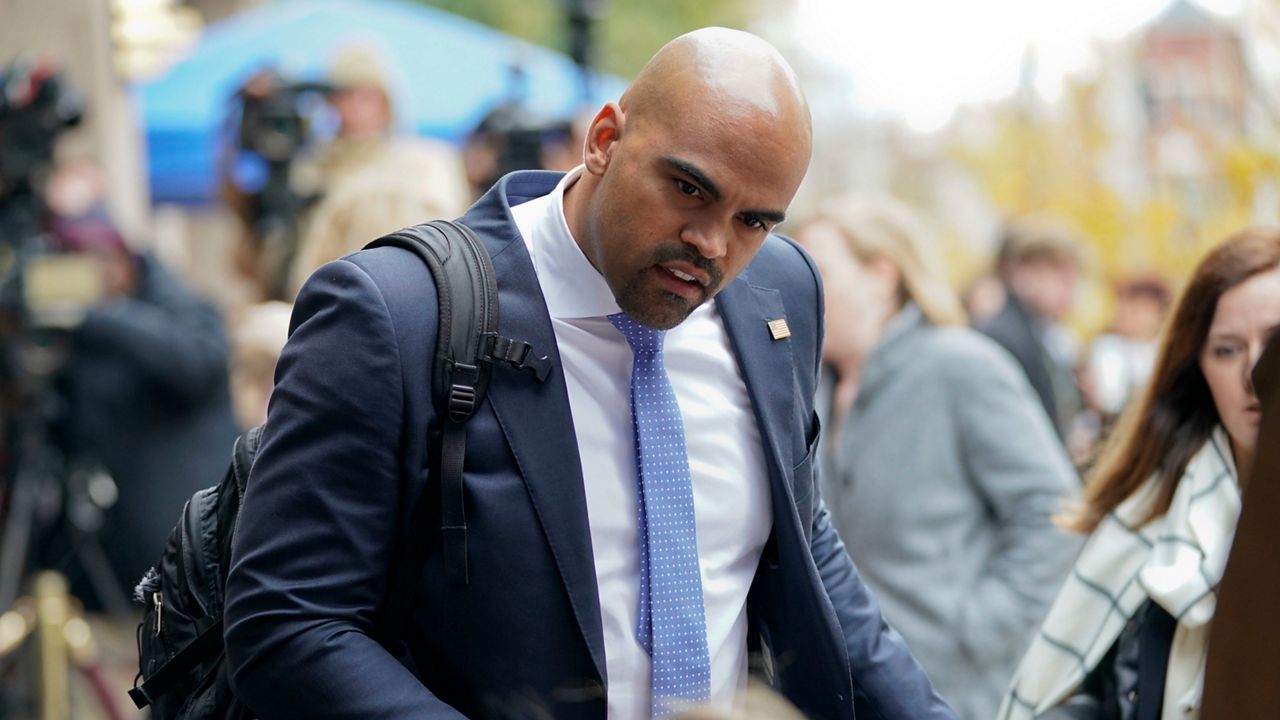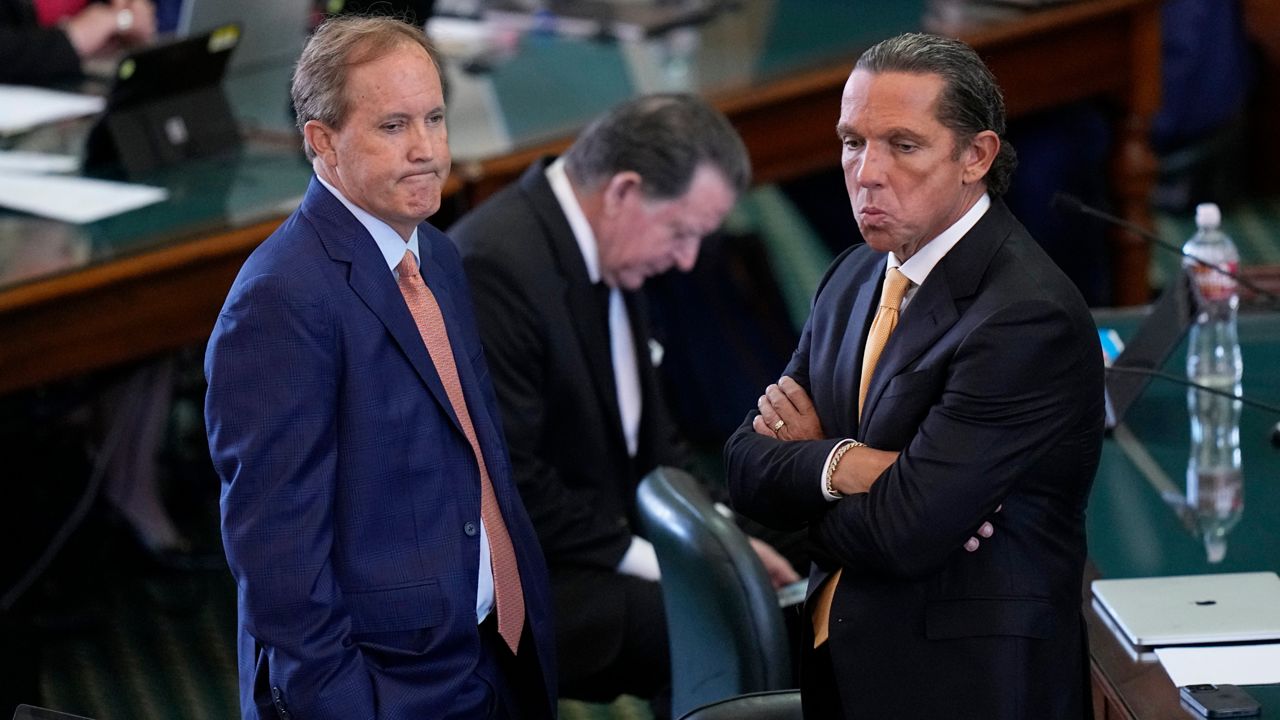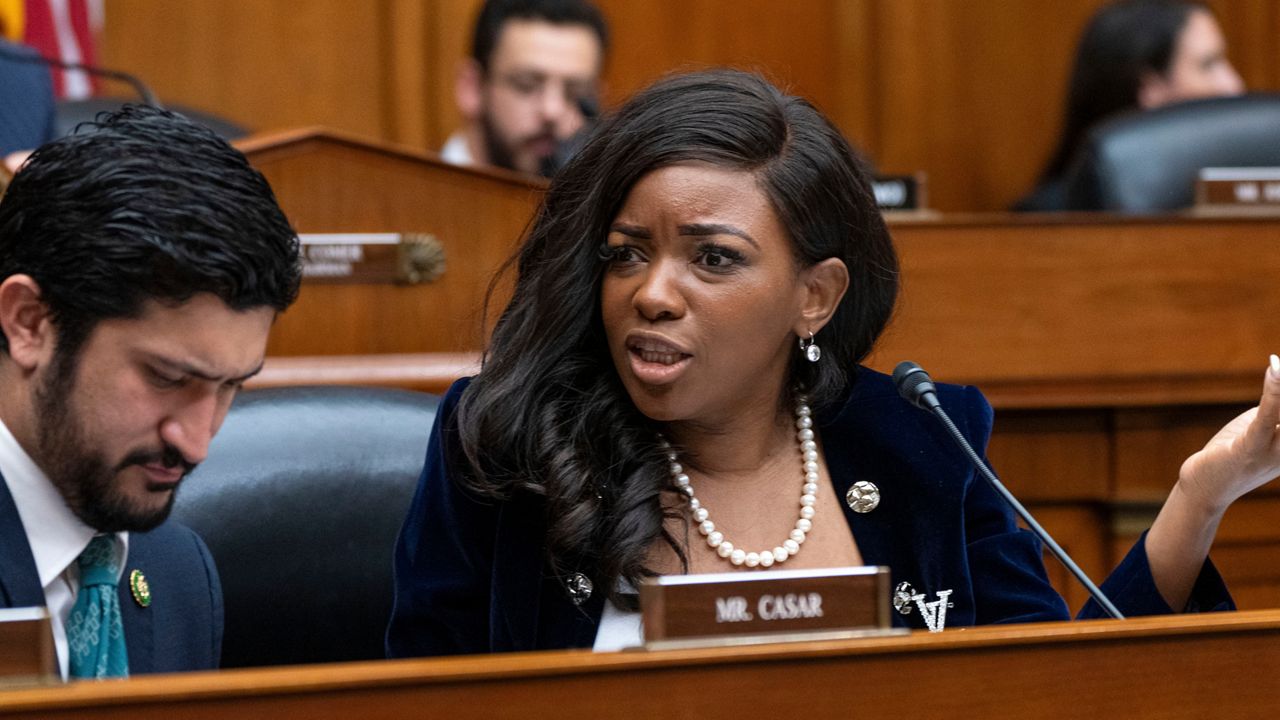AUSTIN, Texas — Texas will be the largest state to date to exit a bipartisan multi-state compact created to crosscheck state voter rolls with a bill currently awaiting Gov. Greg Abbott's signature.
Instead, the state will rely on Secretary of State Jane Nelson's office to create a new system, with the help of a possible vendor, to eliminate voters that are either ineligible to vote or registered at multiple addresses, either in Texas or across the 50 states.
In 2015, the state directed the Secretary of State to crosscheck state voting rolls. Initially, that was done for free with a loose coalition of states spearheaded by the Kansas Secretary of State. When that ended, Texas joined the Electronic Registration Information Center, or ERIC, in 2020.
Criticism of ERIC in The Gateway Pundit, a conservative blog site, put ERIC on the radar of Republican lawmakers. Texas passed legislation this session to leave ERIC, joining Florida, Ohio, Iowa, West Virginia, Missouri, Louisiana and Alabama. ERIC clarified what it does and does not do in a letter on its website from Executive Director Shane Hamlin in March.
The potential departure of Texas from ERIC was pushed by members of the Republican Party of Texas who were dissatisfied with their own review of local voting rolls. The specifics of Senate Bill 1070 indicate the state will contract with "a provider of a private sector data system" that will identify whether every voter on the Texas voter roll is an American citizen. Non-citizens are ineligible to vote.
The provider also will also identify address changes, voter deaths and duplicate registrations in other states. The vendor, which must be qualified under federal voting laws, also is expected to create an initial system for less than $100,000 and an operational cost of less than $1 per questionable record.
Alan Vera, who headed up the Harris County Republican Party's voter integrity effort, said ERIC has cost Texas $1.5 million, or $750,000 per year.
"Our current approach is neither effective nor cost effective," Vera said at a Senate hearing on the bill at the end of March. "It is impossible to know the official number of voter registration records that have been flagged by ERIC because the ERIC member agreement forbids the Secretary of State from allowing citizens access to that data."
Testimony from the Secretary of State's office indicated ERIC had identified 100,000 questionable voter registration records over two years, Vera said. That meant every questionable record cost Texas $15. Vera said his own effort identified 380,000 questionable Harris records during a 60-day review.
Devvy Duke, who chairs the Texas Republican Party's election integrity efforts, also testified, saying the state had effectively outsourced the maintenance of the state's voter rolls, although ERIC says it provides reports that the individual state can then choose to use to adjust their rolls.
"The voter registration or the voter cleaning is only encouraged, not required," Duke said. "I would argue that it's questionable."
ERIC lacks accountability, Duke said, because it lies with the 254 counties to be responsible for their individual voter rolls. She also criticized ERIC's goal of increasing access to register all eligible voters, which Duke said was the largest component of ERIC's cost.
Terry Putnam, a retired NASA engineer from Williamson County, called ERIC one of the greatest intelligence gathering operations in the history of Texas. He questioned how widely that information was shared, then echoed a comment made by Duke.
"The focus should be on voter roll maintenance, but, in fact, its focus has been on registering new voters, as previously noted," Putnam said. "That's not the state's responsibility, in my estimation."
Katya Ehresman heads Common Cause's Voting Rights Program and testified against the bill. The final version of Senate Bill 1070, which did include some guardrails on the vendor added in the House, still fails to answer the question of best practices for voter roll maintenance, Ehresman said.
"What Senate Bill 1070 does, in effect, is it just removes Texas from what had been a supported nonpartisan voter registration compact and leaves open the question of where are we going to be getting this cross-state and interstate data afterwards?" Ehresman said. "What solutions will actually happen to improve voter list maintenance, and not only for interstate data from voters who move to or from Texas, but for when voters move within Texas?"
Those questions remain open-ended and unanswered by the lawmakers who passed Senate Bill 1070, Ehresman said. Ehresman also expresses frustration that the conspiracy theories pressed by bloggers — for instance, that ERIC was funded by liberal billionaire George Soros — have the power to move legislation in Texas.
"It's a dangerous precedent of allowing for lawmakers to use the weight of the Legislature to support a conspiracy theory that is repeatedly found to be unfounded and provide no answers as to how the list maintenance and integrity of our voter rolls can continue," Ehresman said. "This is more of a problem in search of a solution that just creates more problems."
One of the biggest steps to increase the integrity of voter rolls in Texas would be to allow voters to register online, Ehresman said. The fact that Texas voters still have to go through a manual process — alerting an elections office with an online request to register or change an address, requiring the elections office to mail out a confirmation to the voter and requiring that voter to return a signed card to be manually entered — only increases the chance for errors.
The only exception for immediate voter address changes is when registering an address change for a driver license online, a victory recently won after a five-year court battle with the state. More than 1 million voters have used that new option, referred to as the "motor voter" law.
Senate Bill 1070 will go into law in September. The law is named in honor of Vera, who died at the Texas Capitol in May, waiting to testify on bills before the House Elections Committee.



